Worst Skin Advice: Myths and Misconceptions You Need to Know About
Image Via Dupe Photos
Skin care is an essential aspect of our daily routine.
It is a vital part of our self-care regimen and directly impacts our overall appearance and confidence.
However, with the plethora of information available online, it is quite easy to get overwhelmed and confused about what is right and wrong when it comes to skin care.
Many myths and misconceptions around skincare can often lead to wrong decisions that can do more harm than good.
In this article, we aim to clear the air around some of the worst skin advice that has been circulating for years.
We will separate fact from fiction and provide you with accurate information to help you make informed decisions about your skin care routine.
Whether you are a beginner or a pro, this article is for you.
So, let's dive right in and debunk some of the most common myths around skin care.
1) The Harder You Scrub, Exfoliate the Better
One of the biggest misconceptions is that the harder you scrub or exfoliate your skin, the better.
However, over-exfoliating can cause damage to your skin, leading to irritation, redness, and even micro-tears.
When you scrub too hard, you remove the natural oils that protect your skin, leaving it vulnerable to environmental stressors.
Instead, opt for gentle exfoliants that are formulated for your skin type.
Exfoliating once or twice a week is usually enough for most people.
If you have sensitive skin, you may want to limit exfoliating to once a week or use a chemical exfoliant, such as glycolic acid or lactic acid.
2) Using Hot Water Opens Your Pores
Another common misconception is that hot water opens up your pores.
While hot water can feel relaxing, it can actually strip your skin of its natural oils and leave it dehydrated.
Additionally, pores don't actually "open" or "close."
They're simply a part of your skin's natural structure.
To avoid dehydrating your skin, use lukewarm water to cleanse your face.
This will help to remove dirt, oil, and makeup without stripping your skin of its natural oils.
After cleansing, pat your face dry with a soft towel and apply your moisturizer to help lock in moisture.
3) Make-Up with SPF is Just as Effective
While make-up with SPF is a convenient way to protect your skin, it's not always enough on its own.
Most people don't apply enough make-up to achieve the advertised SPF protection.
Plus, make-up typically only offers protection against UVB rays, which cause sunburn.
However, UVA rays can still penetrate through clouds and windows, leading to premature aging and an increased risk of skin cancer.
Instead of relying solely on make-up, use a broad-spectrum sunscreen with an SPF of at least 30.
Apply it generously to your face, neck, and other exposed areas of your body, and reapply every two hours or more frequently if you're swimming or sweating.
4) If It Burns/Tingles, It is Working
Some people believe that if a skincare product burns or tingles when applied, it means it's working.
However, this is not always the case.
Products that cause discomfort can actually be harmful to your skin, leading to irritation, redness, and even burns.
Instead, opt for gentle products that are formulated for your skin type.
If you're using a new product, patch test it first to see how your skin reacts.
If you experience any discomfort or irritation, stop using it immediately and consult with a dermatologist or skincare professional.
5) Popping Pimples Makes Them Heal Faster
Lastly, many people believe that popping pimples can help them heal faster.
However, this can actually make them worse and even lead to scarring.
Popping pimples can cause bacteria and oil to spread, leading to more pimples and inflammation.
Instead of popping pimples, use spot treatments that contain salicylic acid or benzoyl peroxide.
These ingredients can help to reduce inflammation and prevent future breakouts.
If you have persistent acne, consider consulting with a dermatologist.
When it comes to taking care of your skin, it's important to be mindful of the advice you follow.
While some tips may seem like they'll help your skin, they can actually do more harm than good.
By understanding what's true and what's not, you'll be able to make informed decisions and create a skincare routine that works for you.
Remember, everyone's skin is different, so what works for one person may not work for another.
If you're unsure about what products or routines are right for you, consider consulting with a dermatologist or skincare professional.
Incorporating healthy habits, such as staying hydrated, eating a balanced diet, and getting enough sleep, can also do wonders for your skin.
By taking a holistic approach to skincare, you'll be able to achieve a healthy, glowing complexion.
READ MORE LIKE THIS:

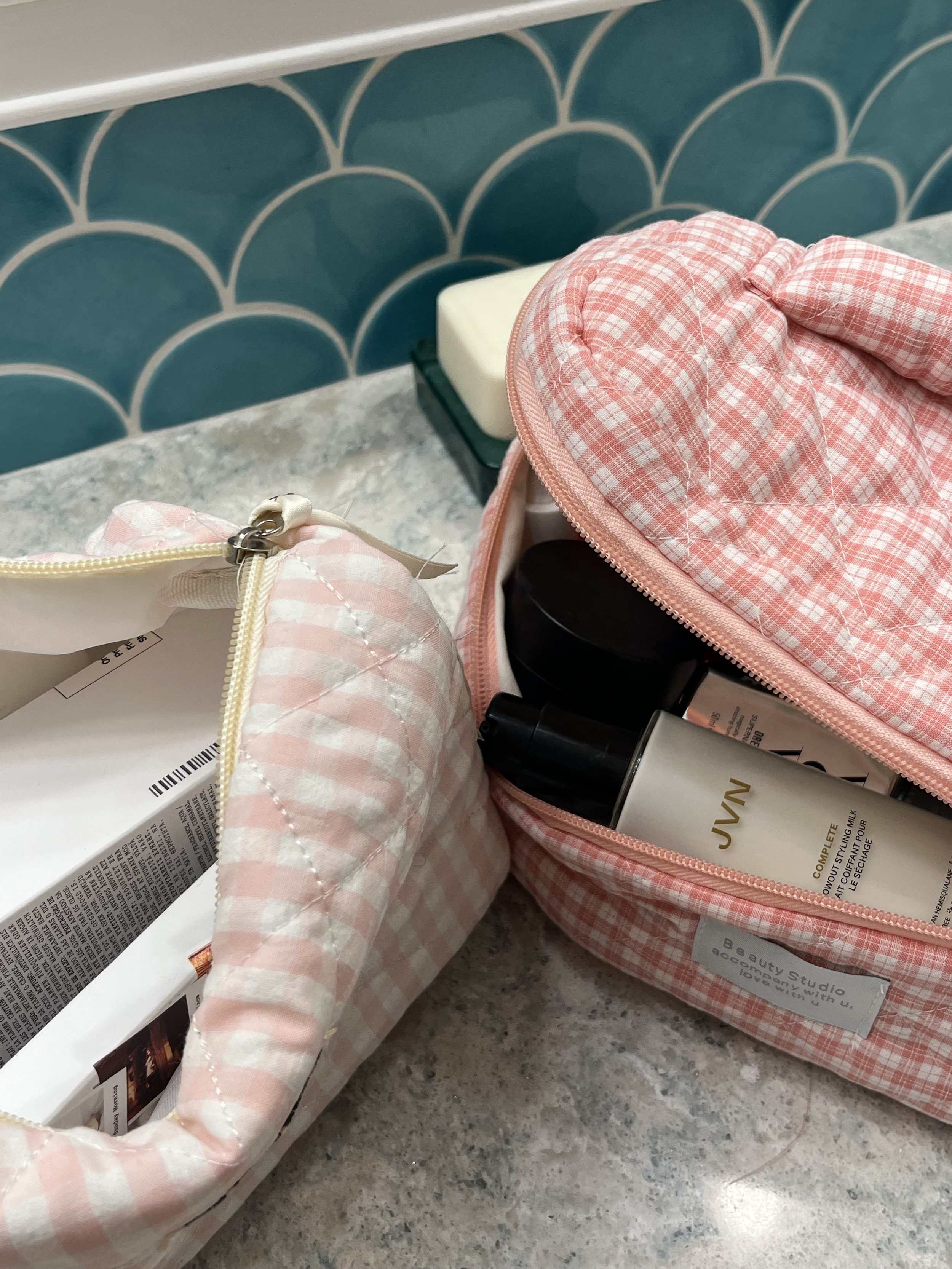


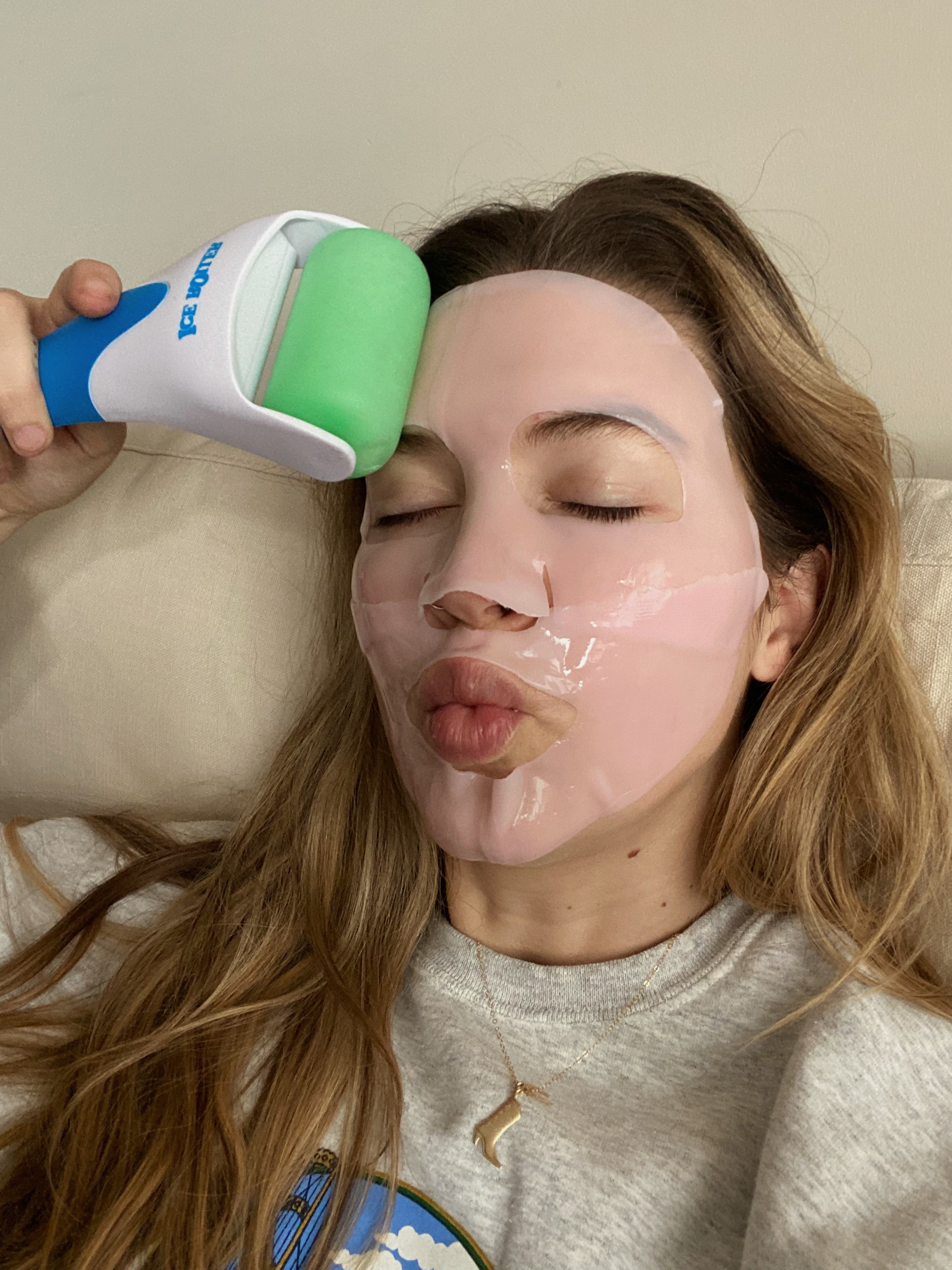





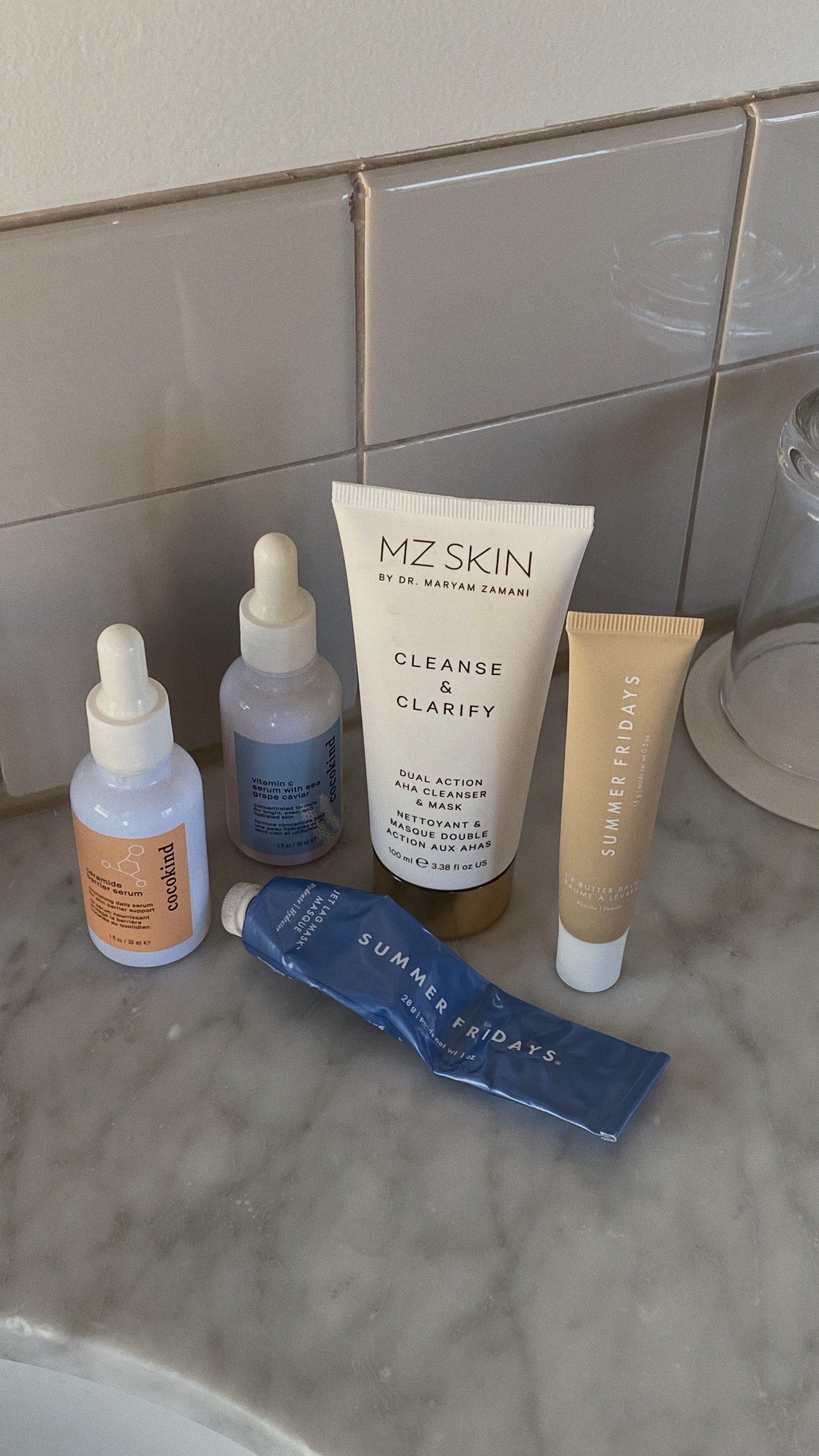


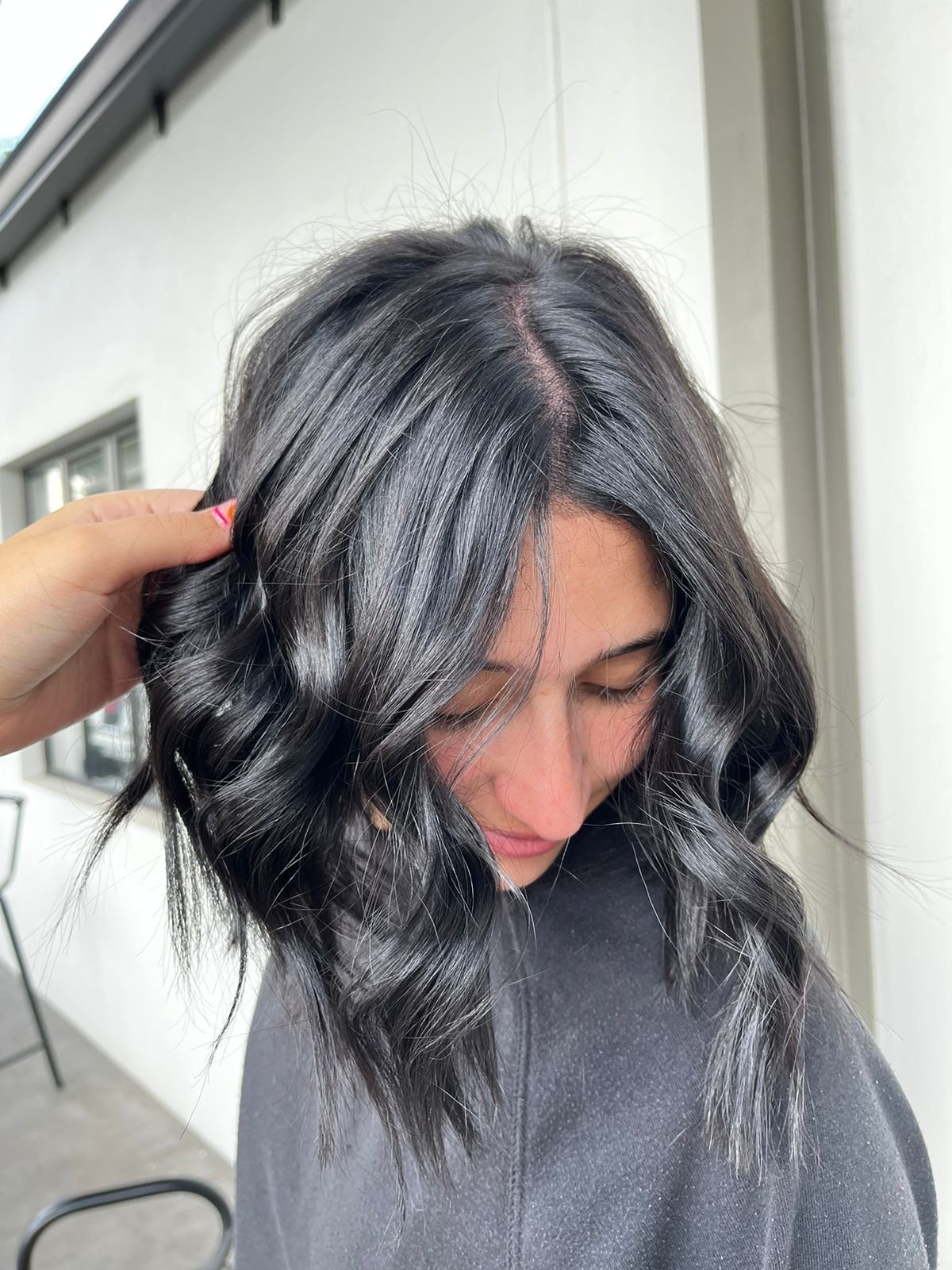













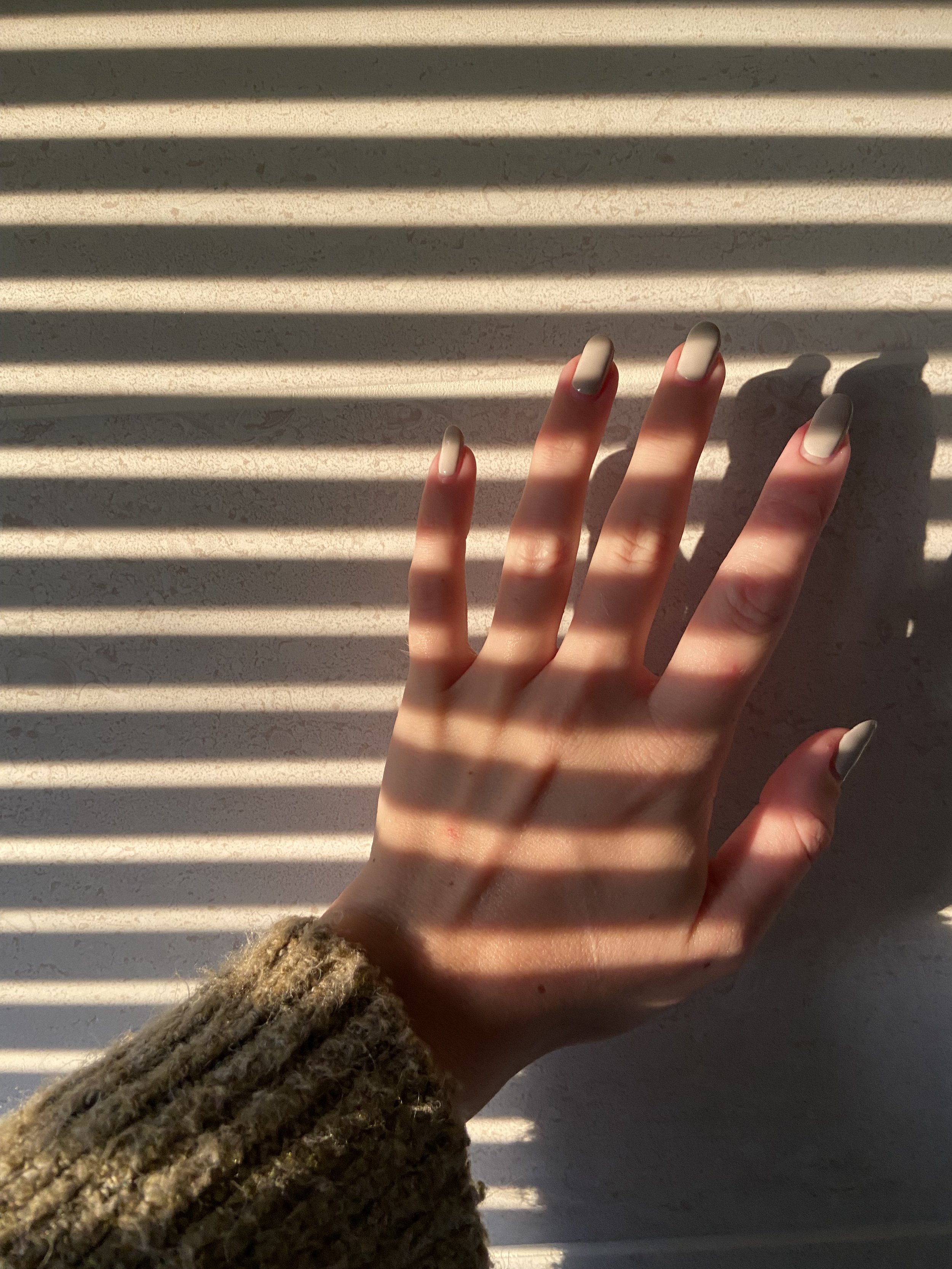
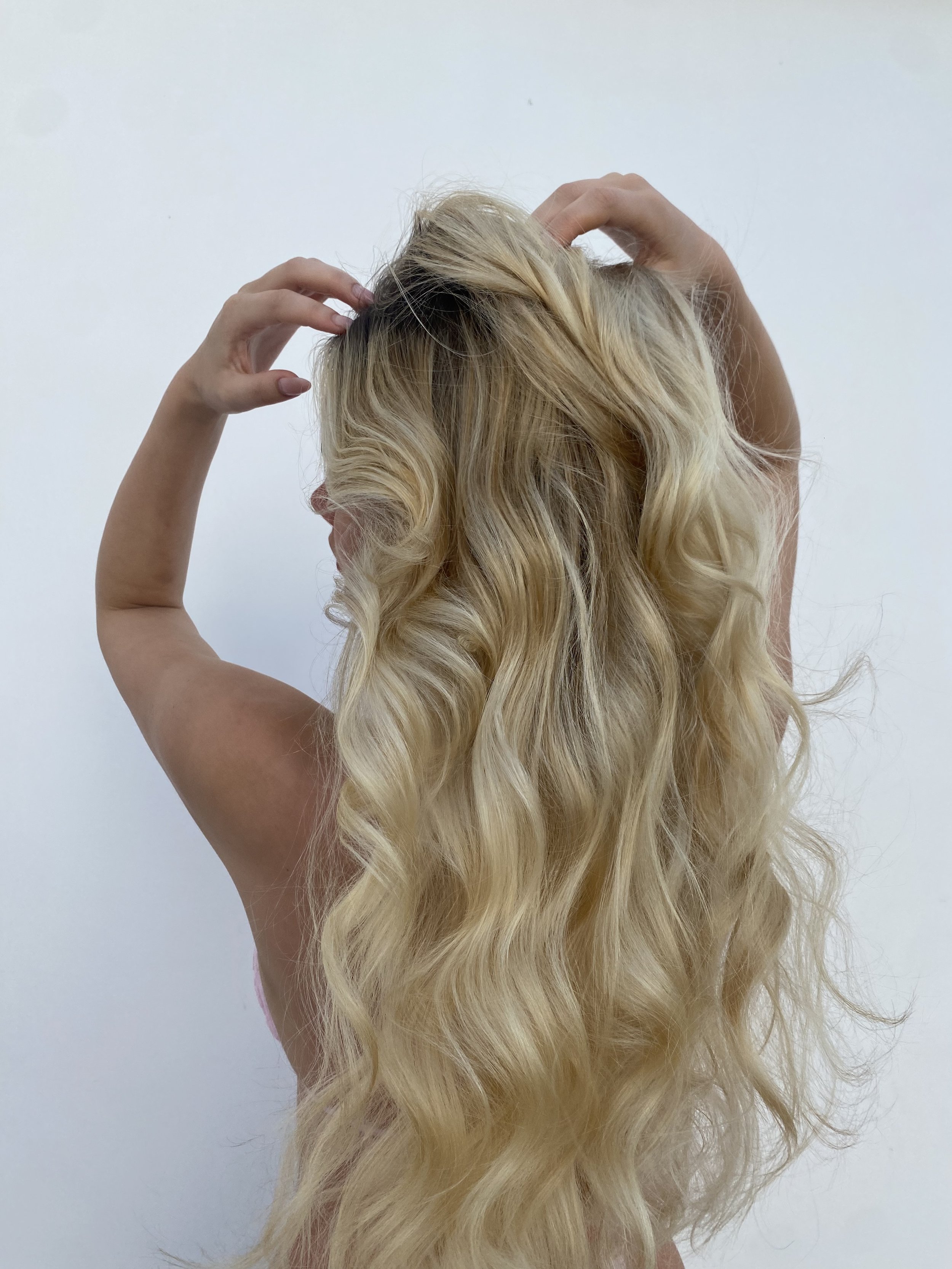

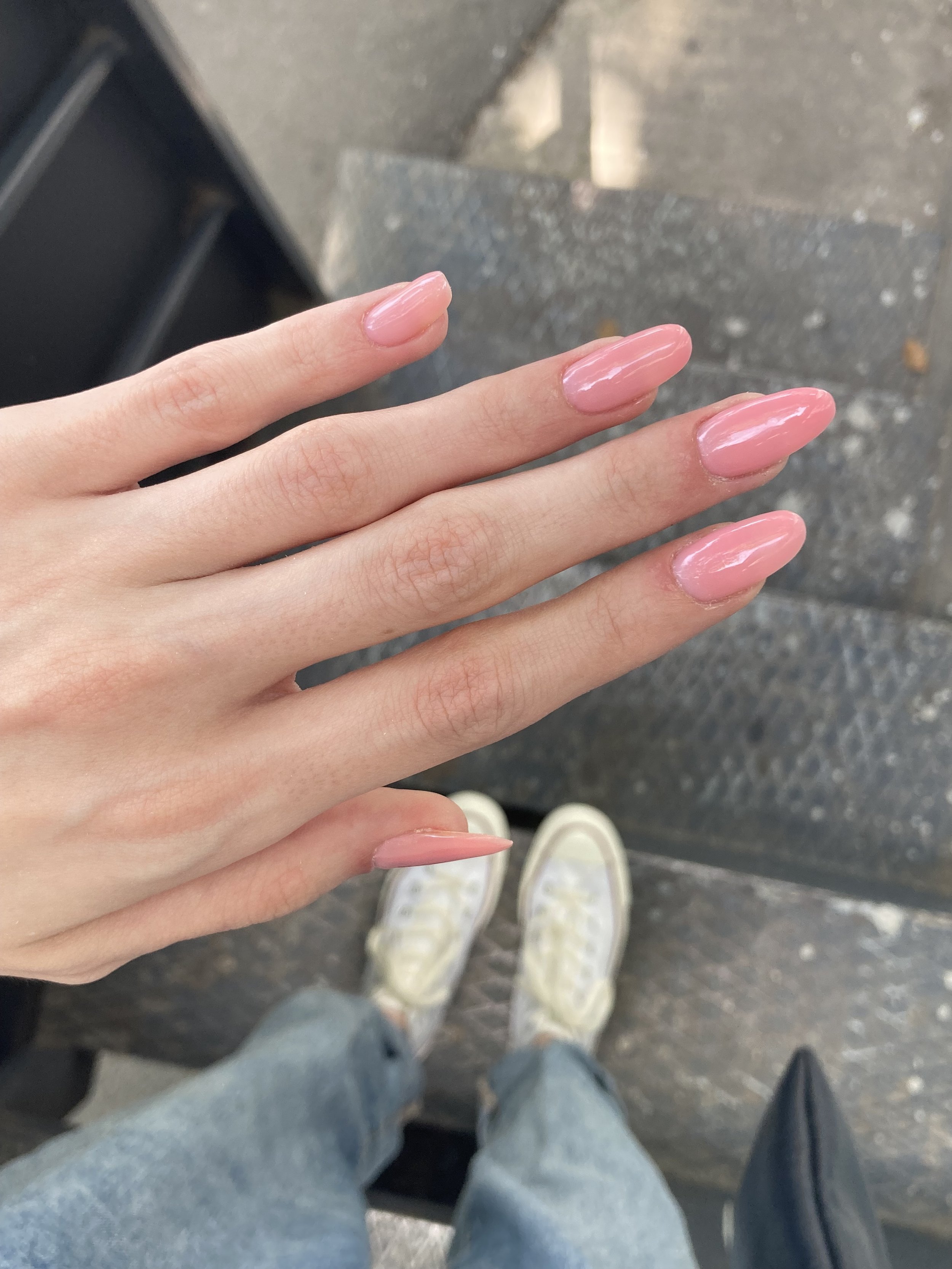

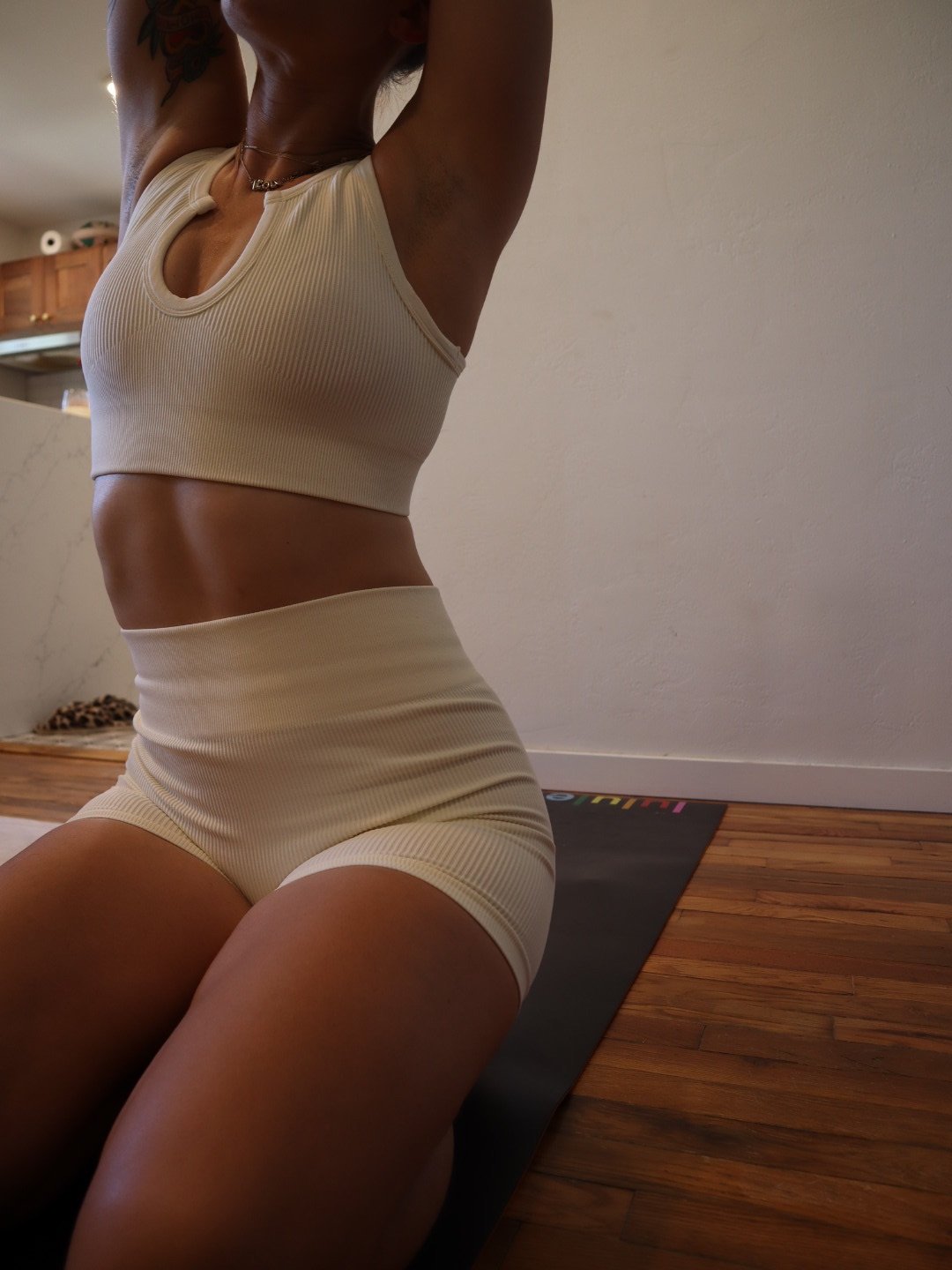
Bye-bye bad skin advice! Hello healthy, glowing skin!